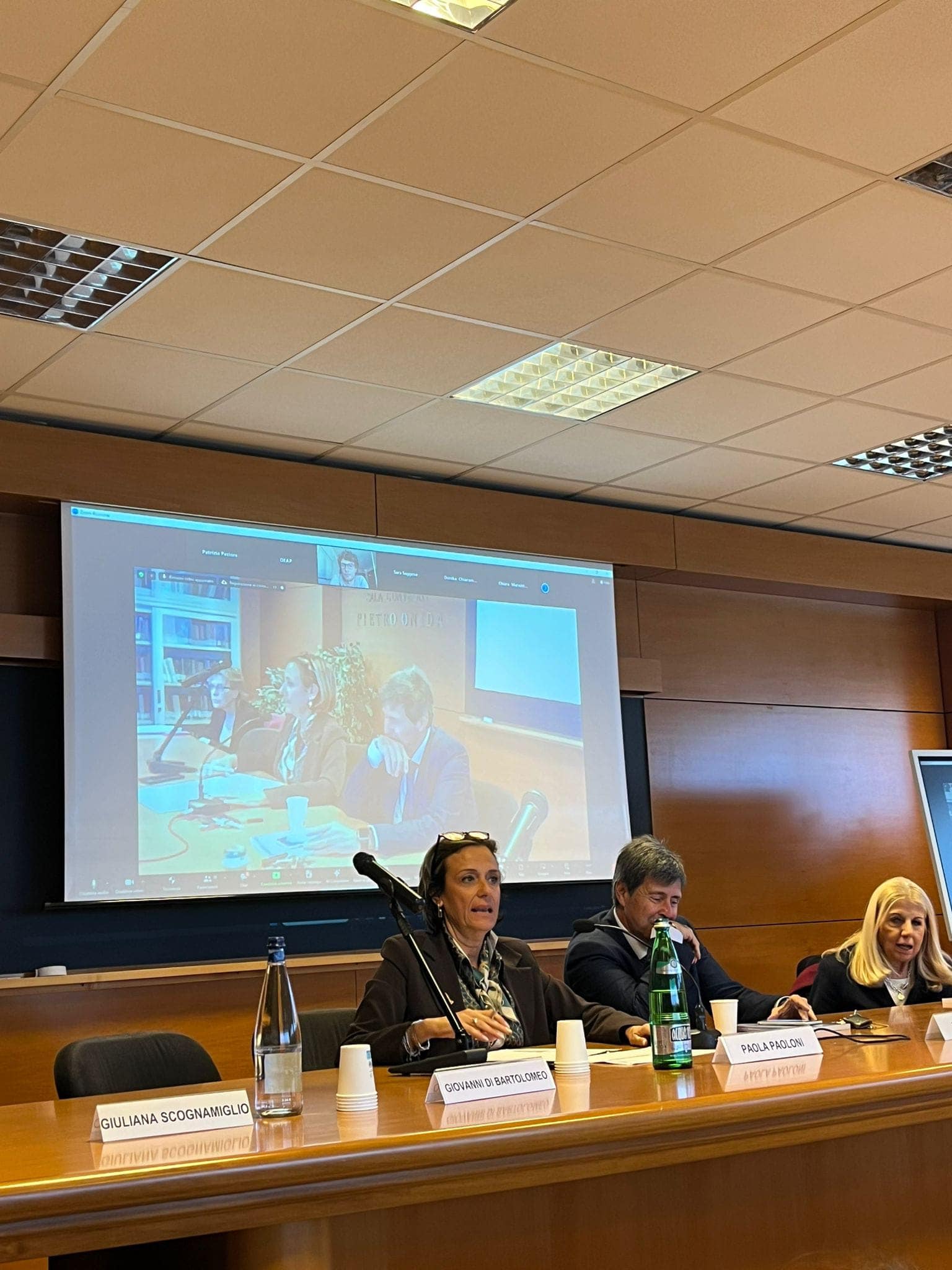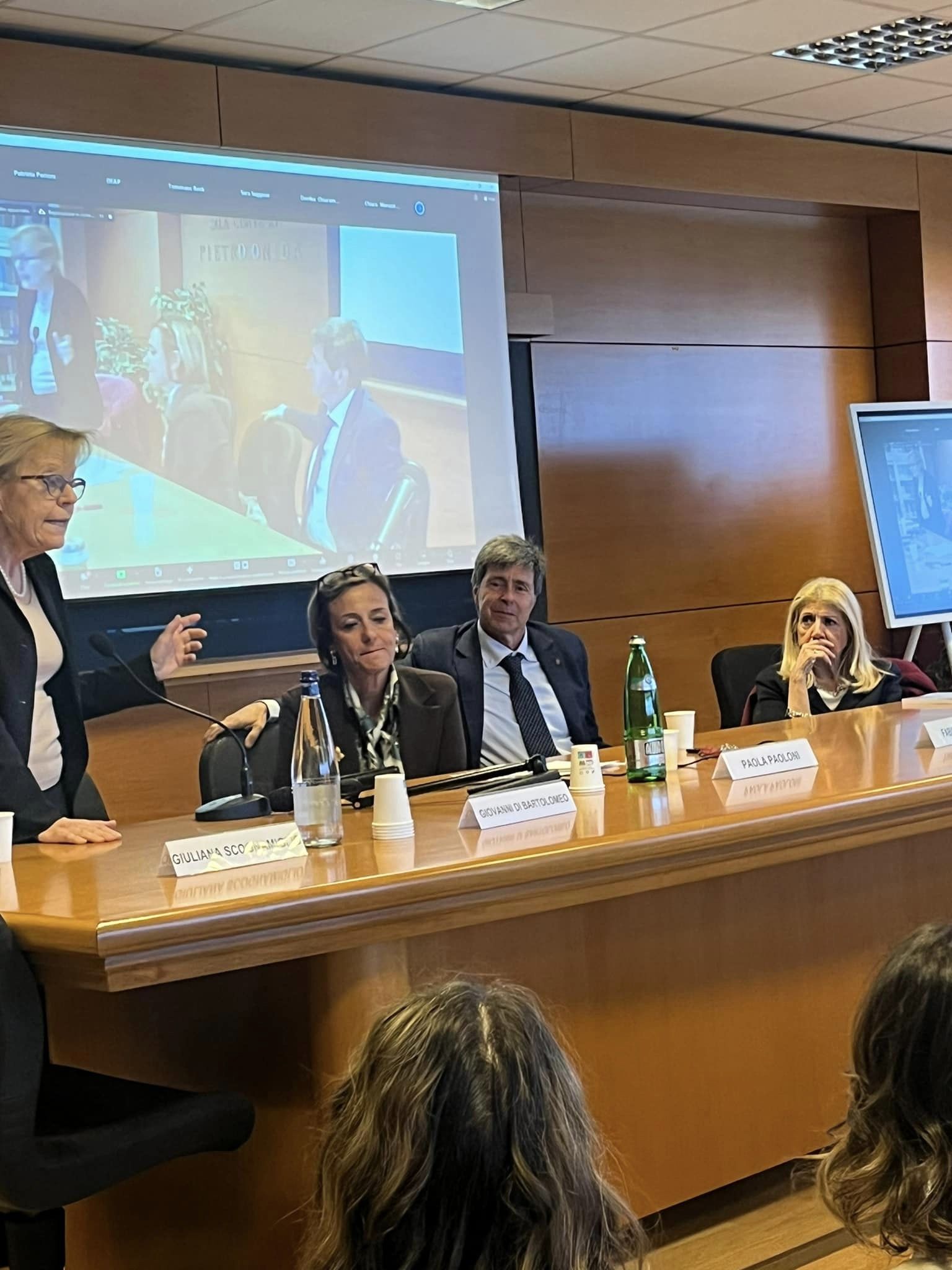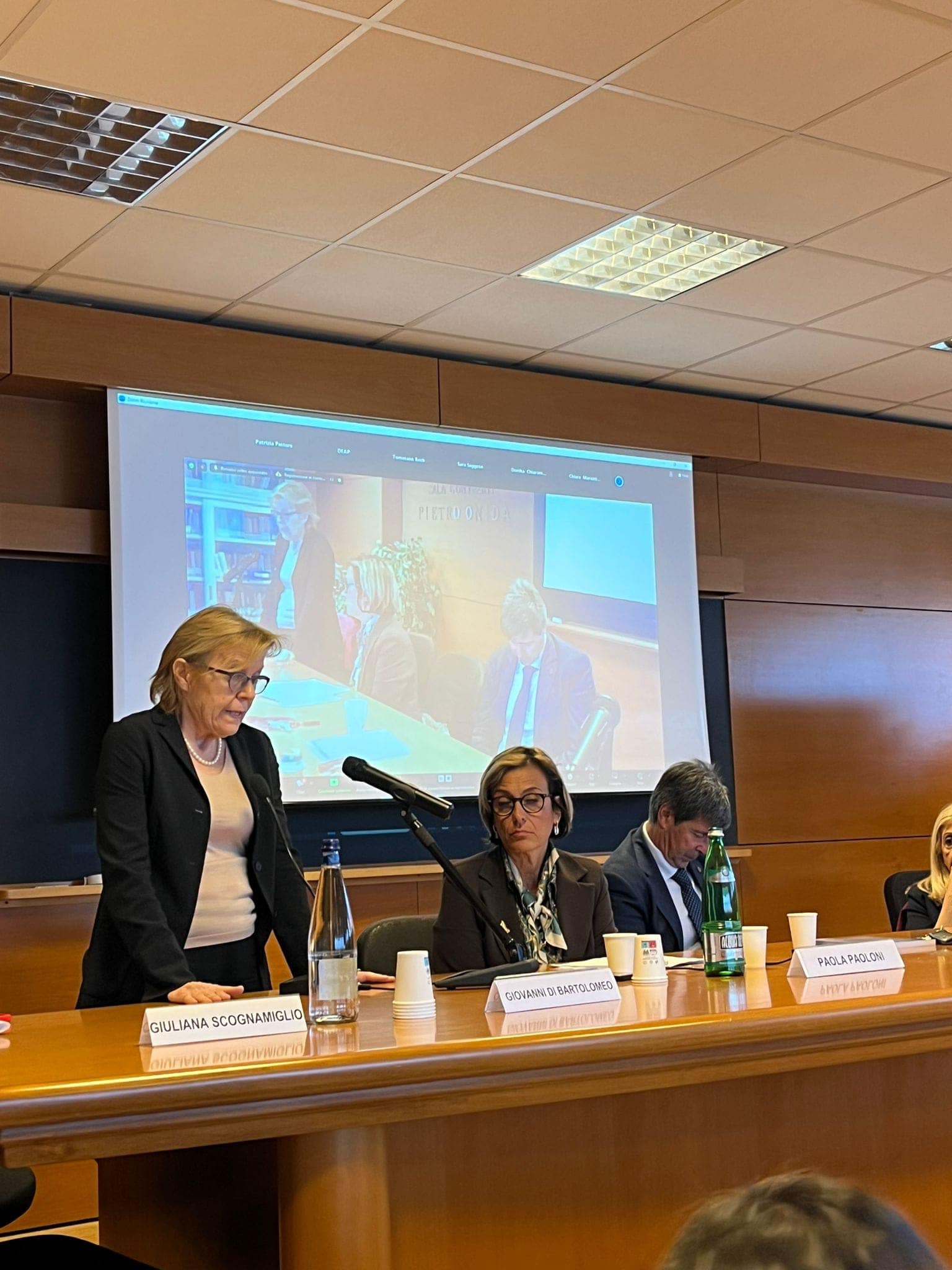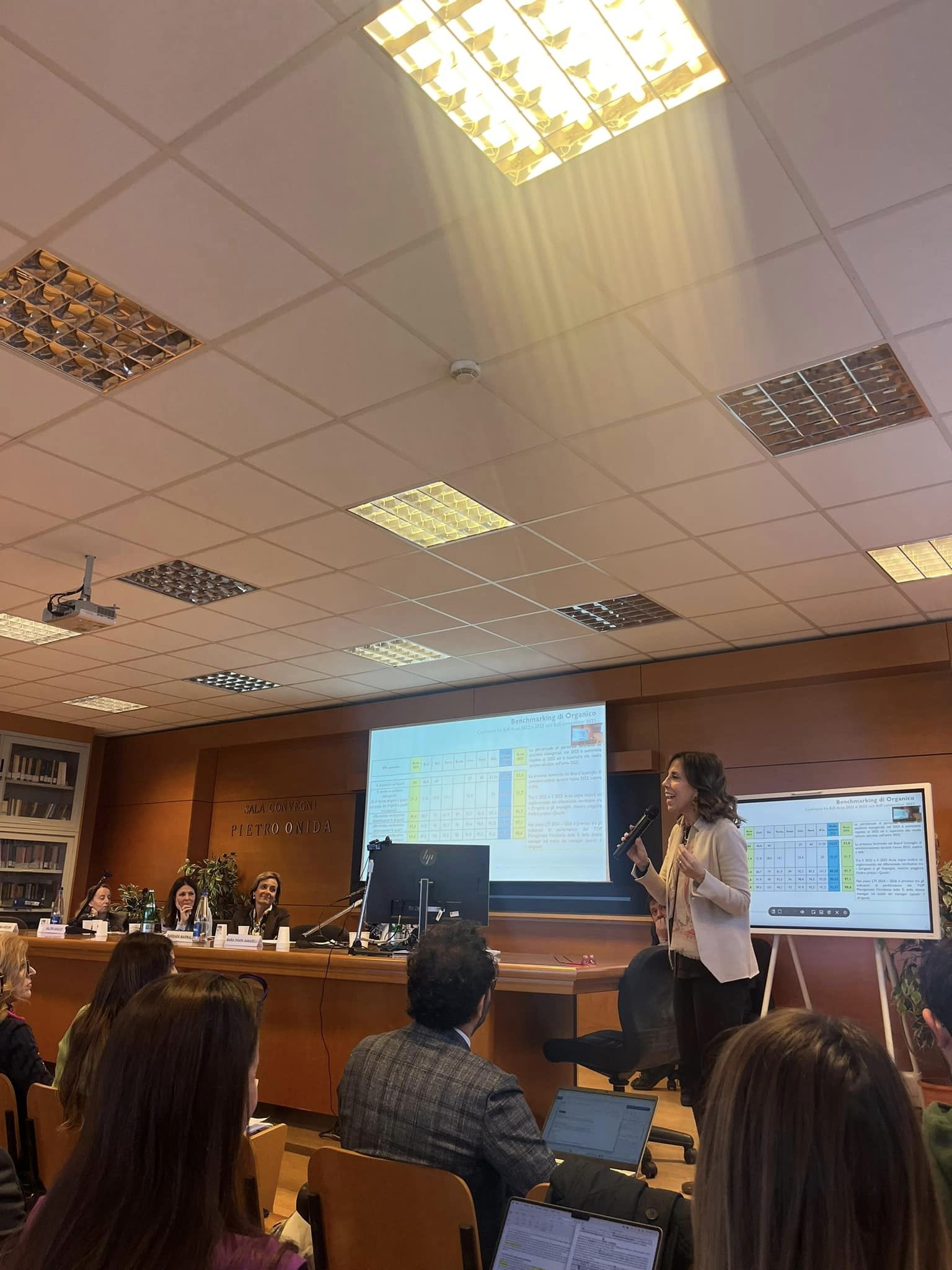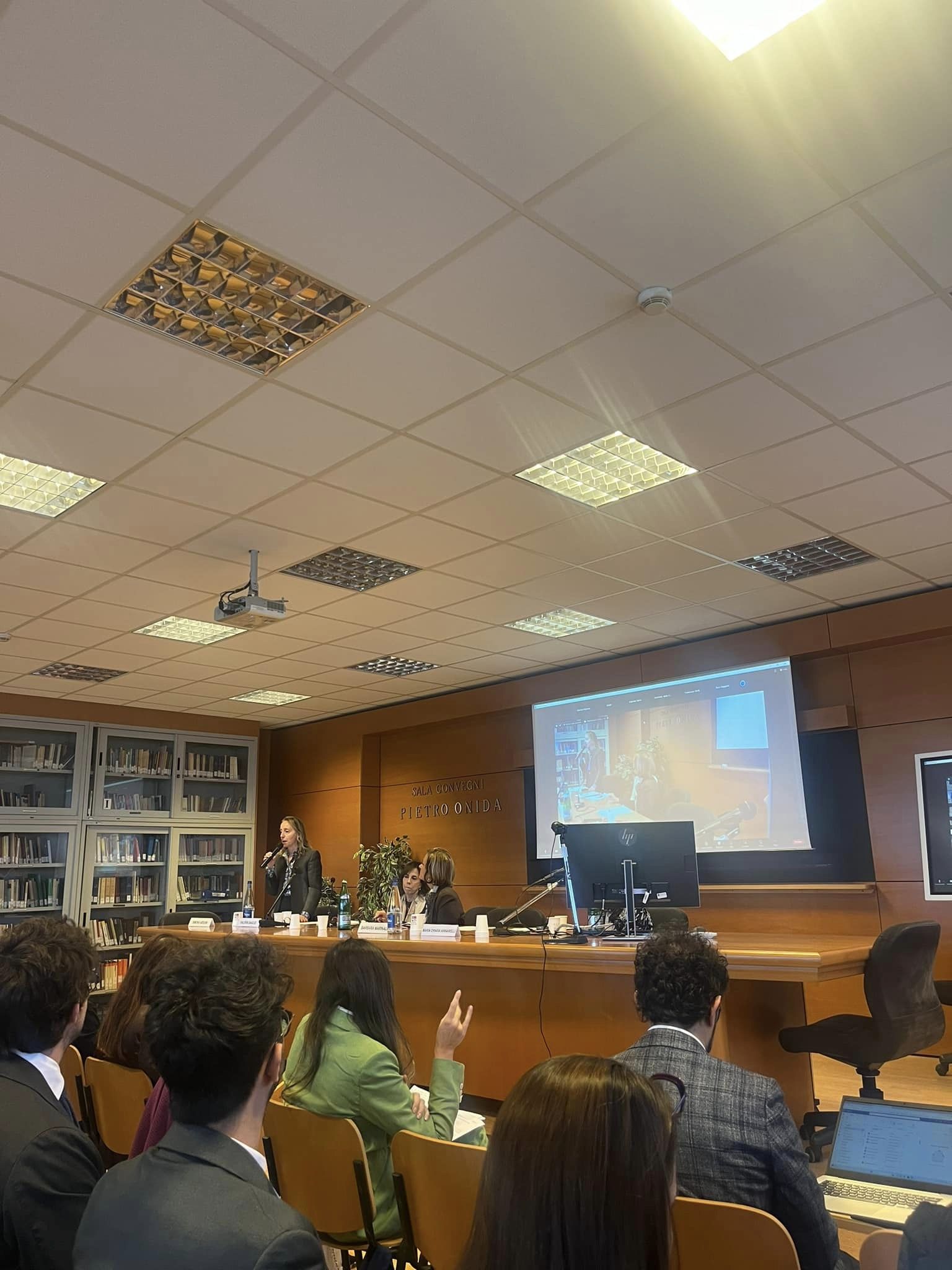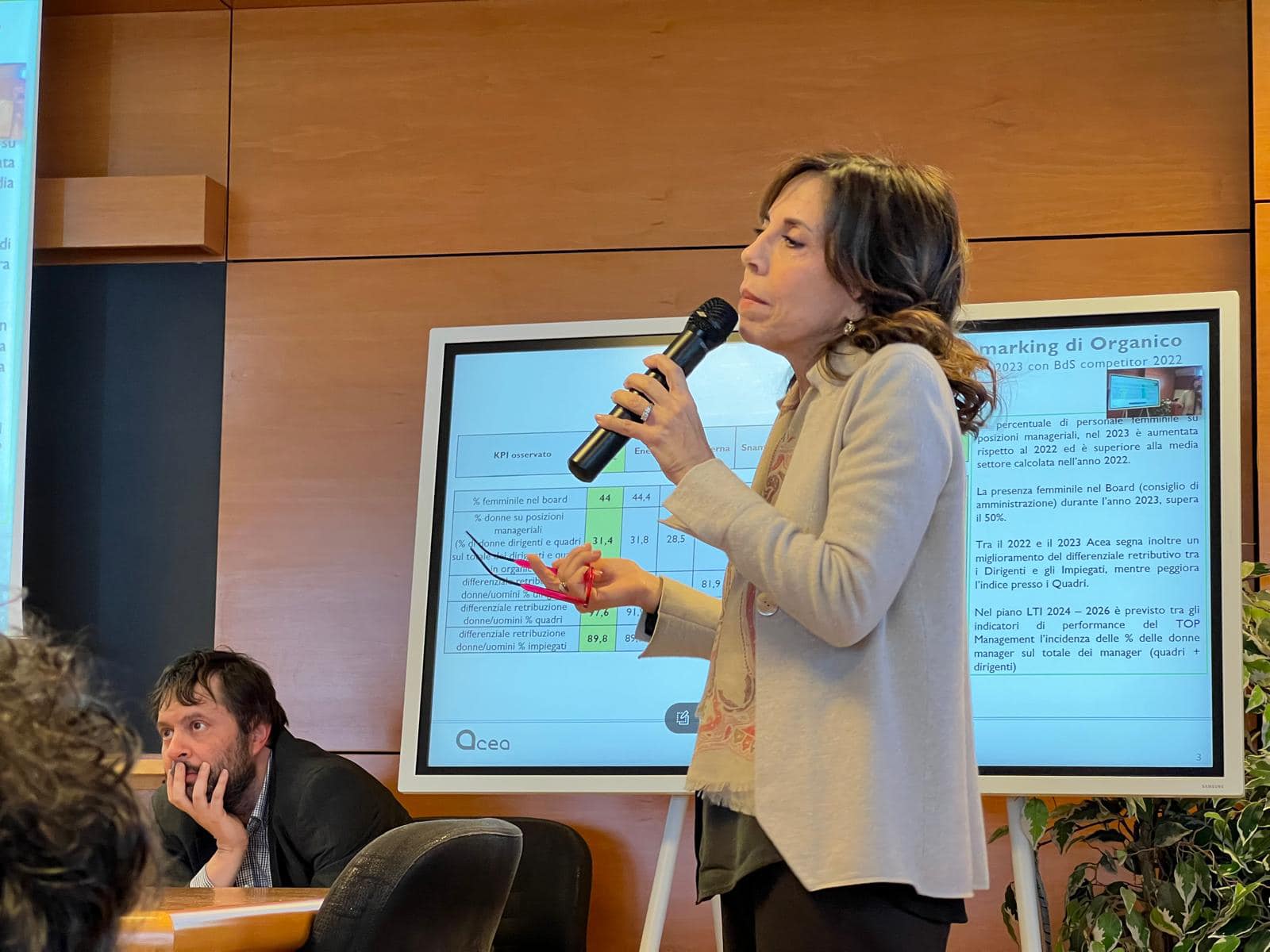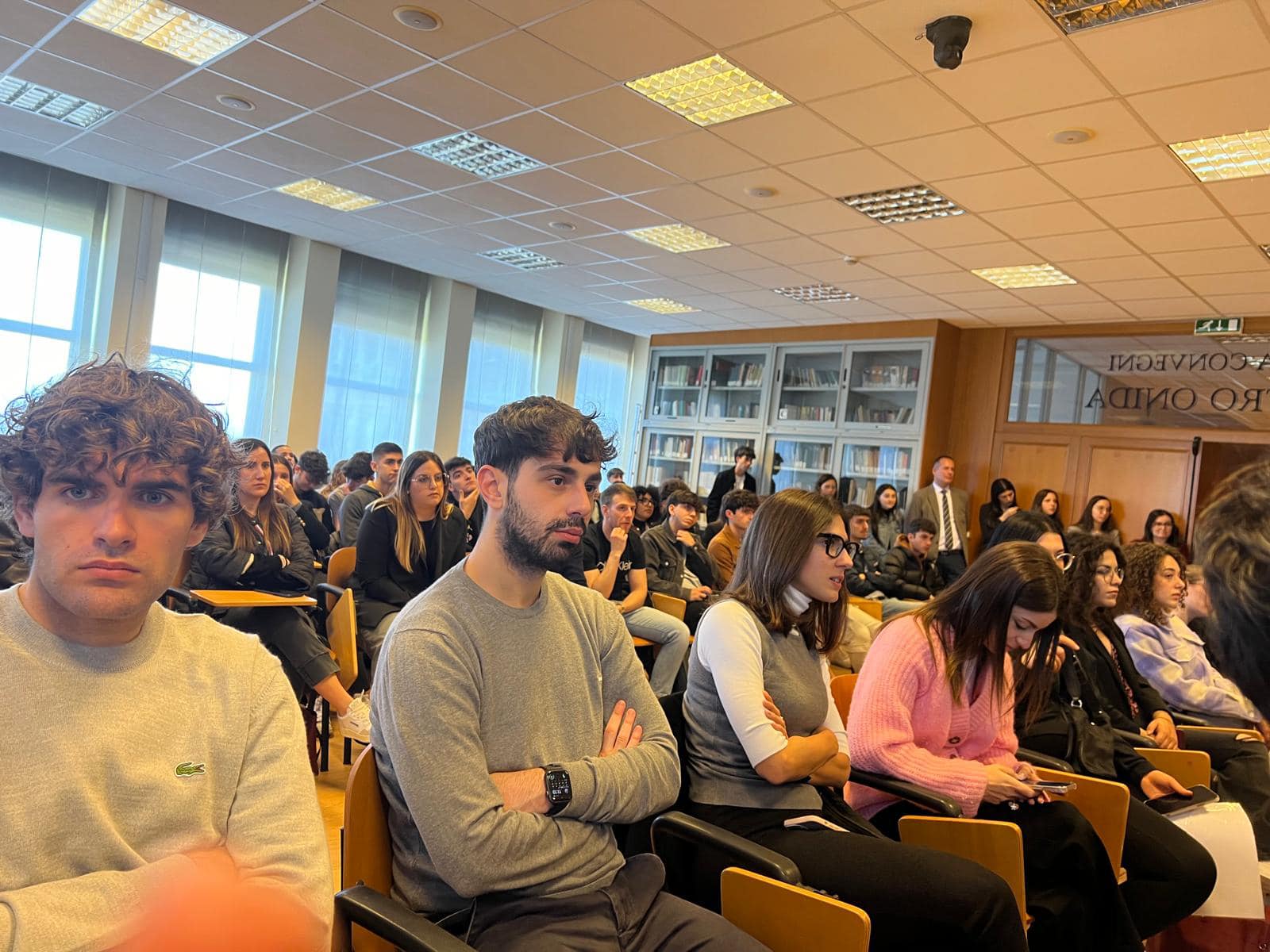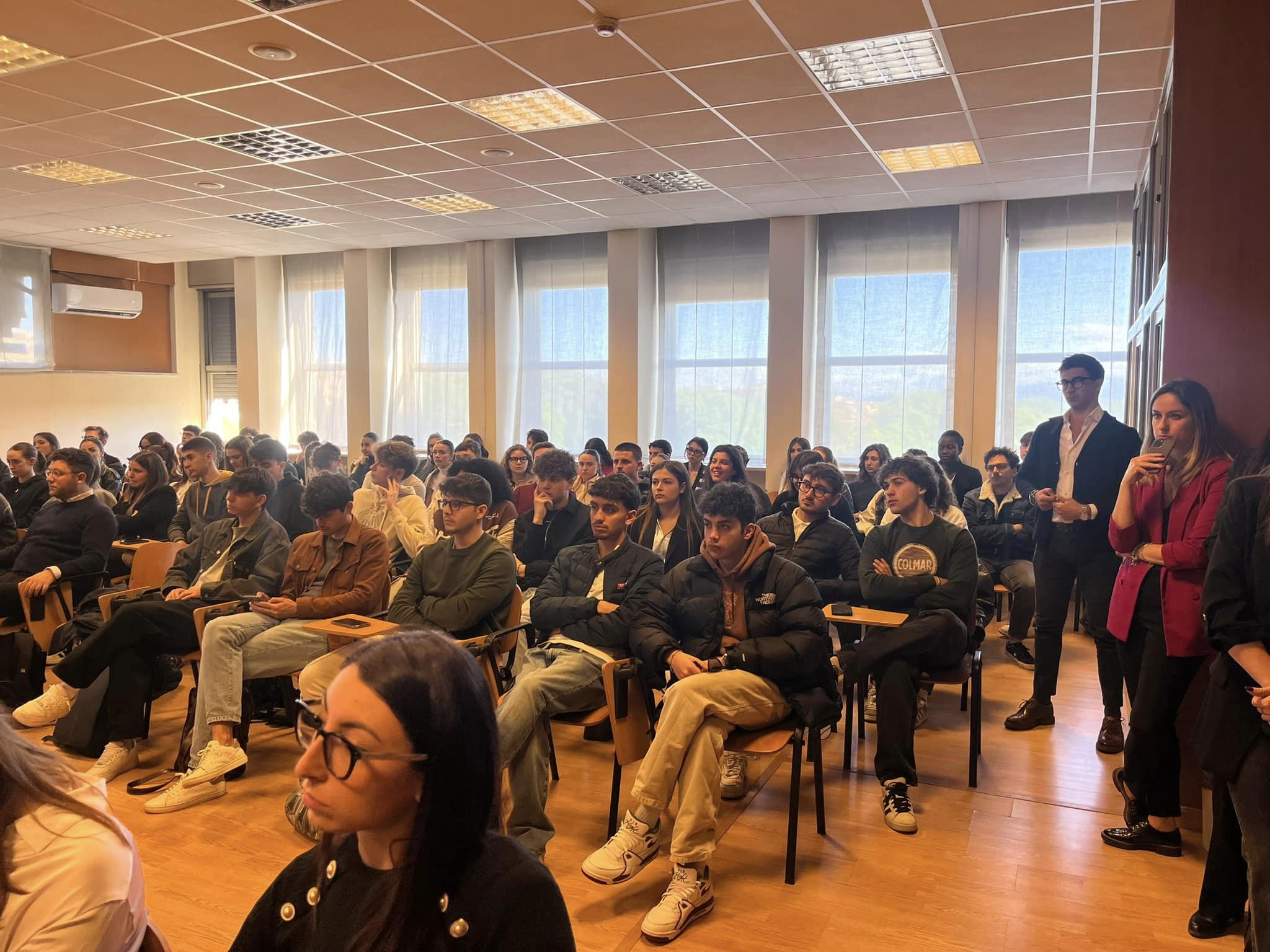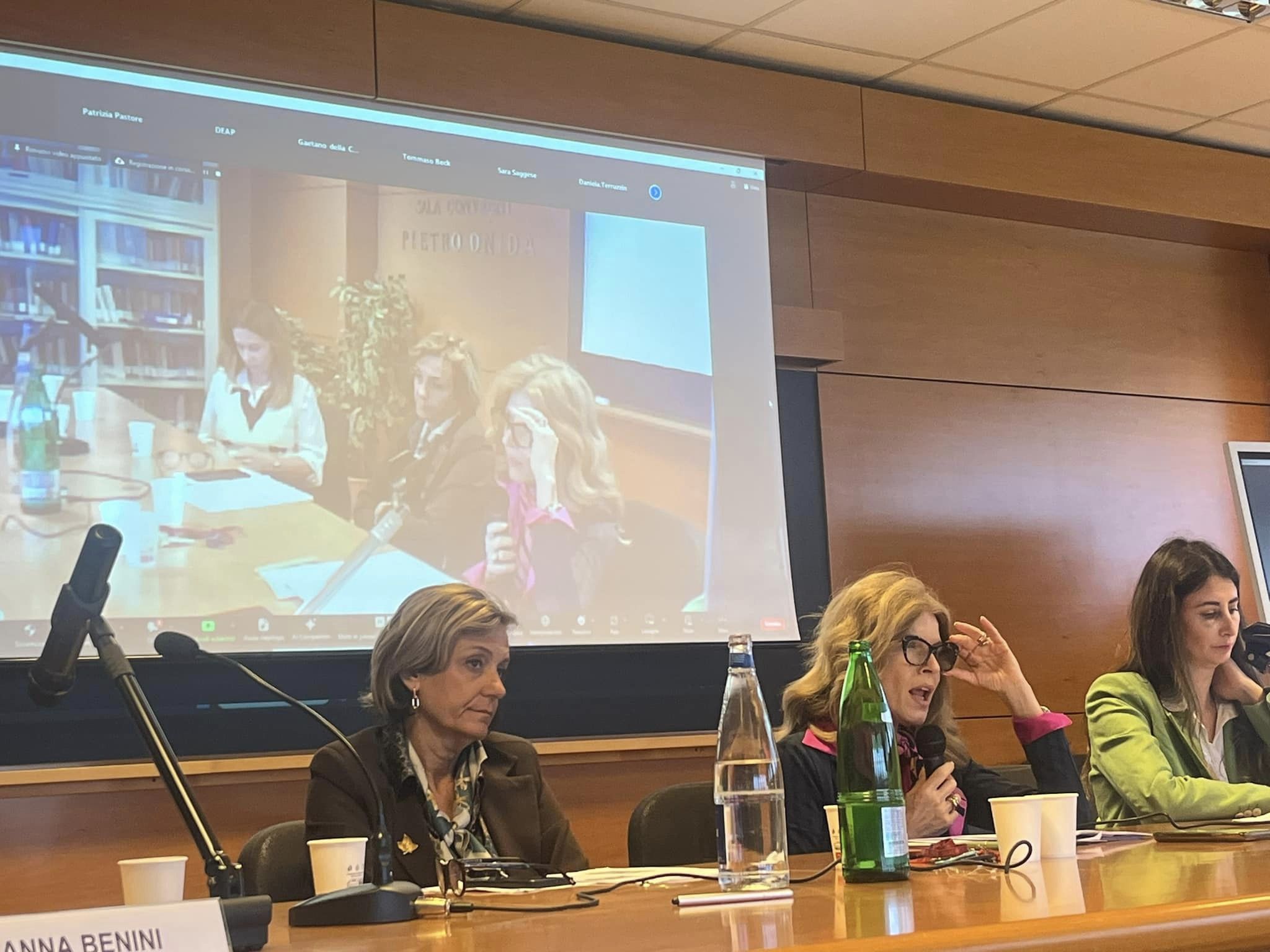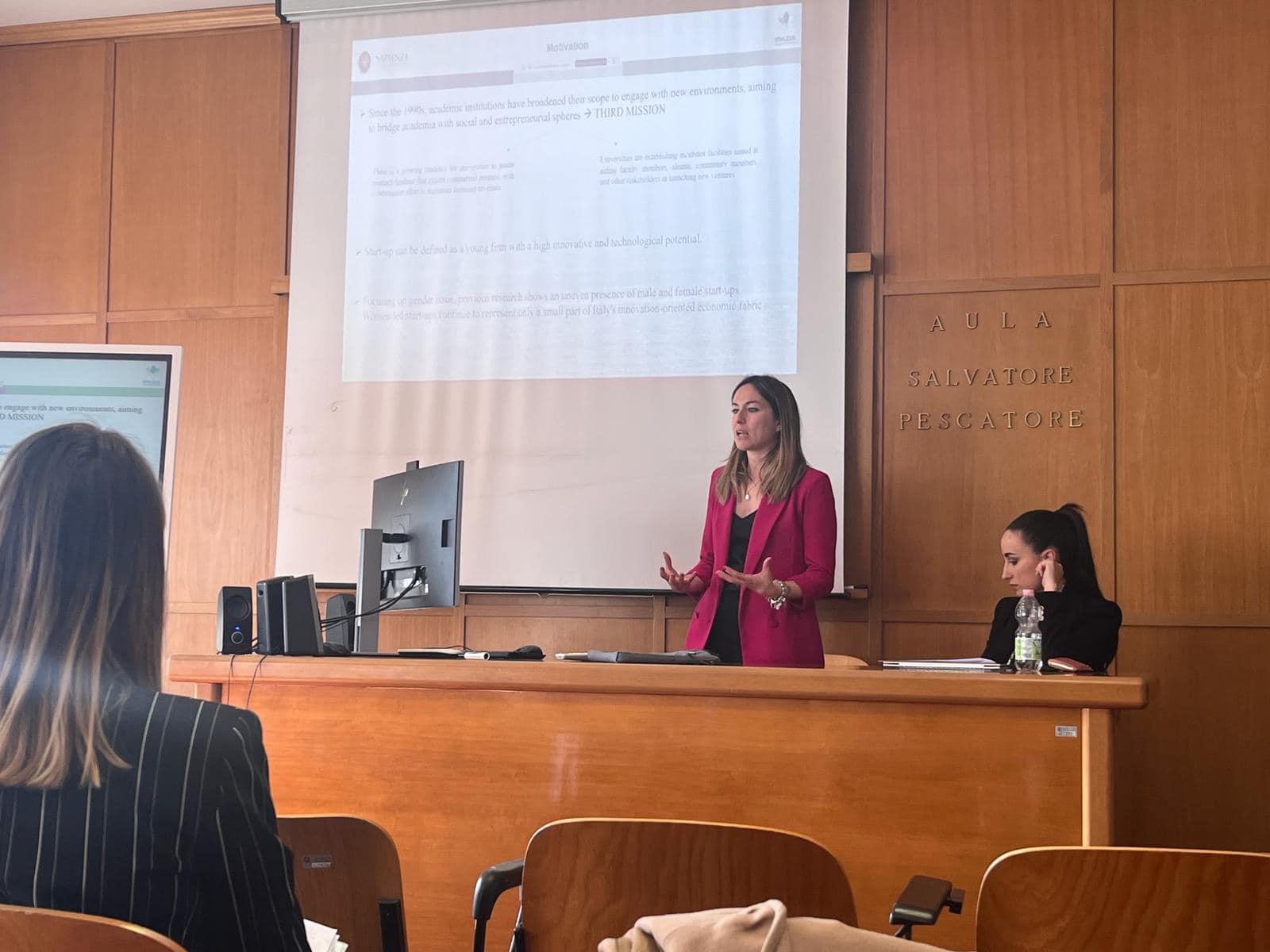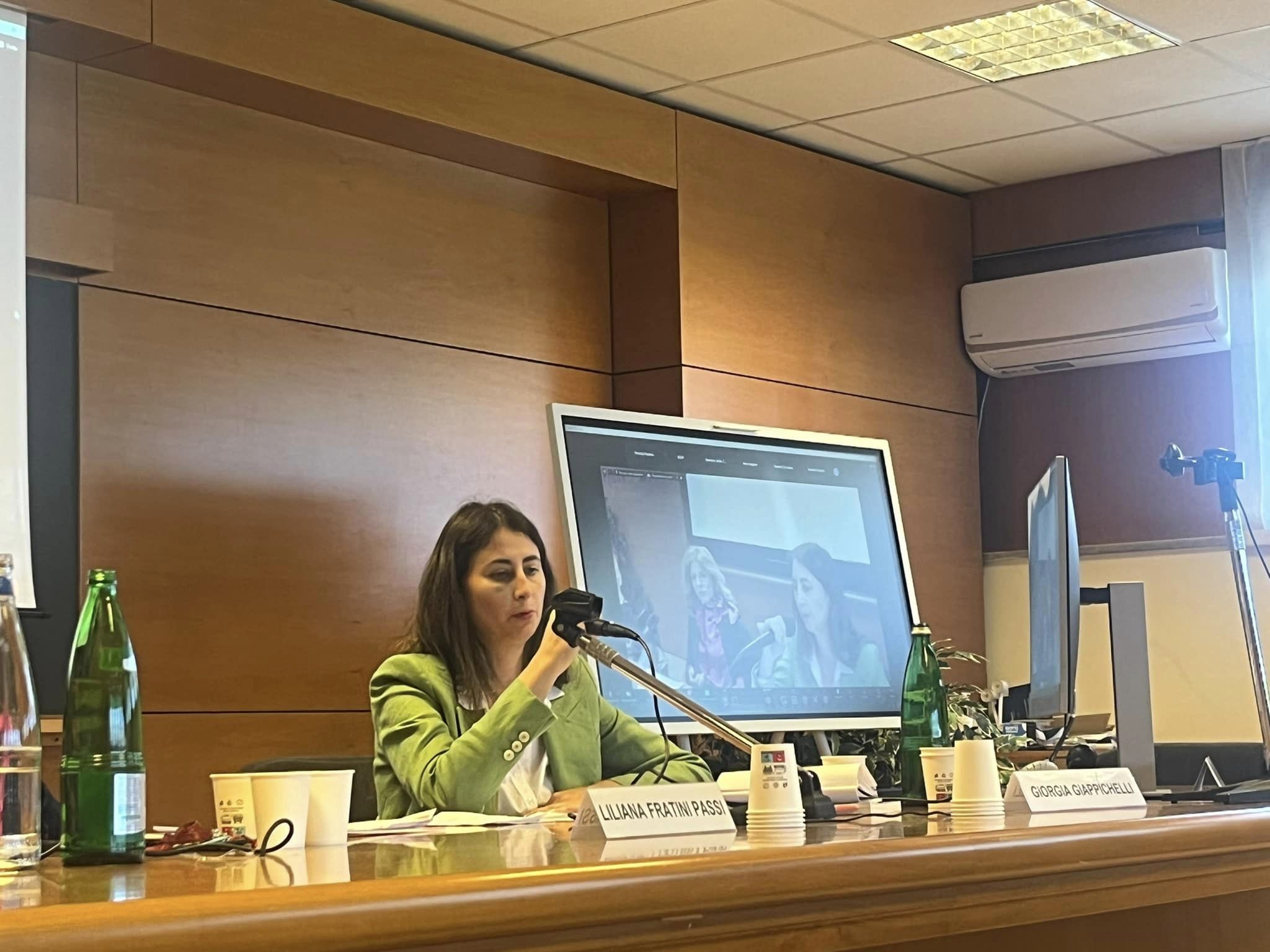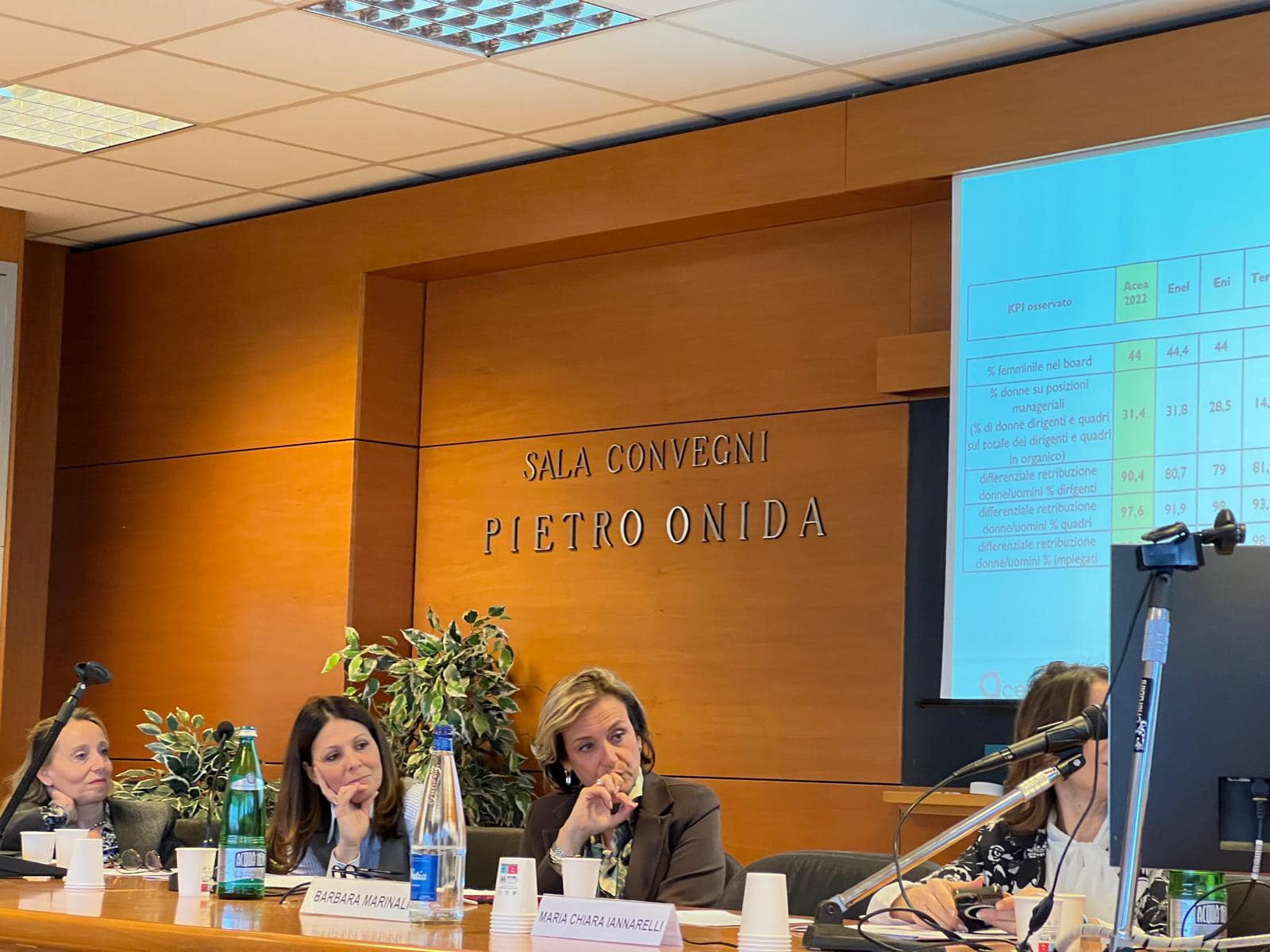The Ipazia Scientific Observatory on Gender Issues is delighted to announce the upcoming event placed around the theme “Shaping Tomorrow: Gender Perspectives in a Sustainable World”. Ipazia Observatory was founded to outline interdisciplinary, comprehensive, and updated research, services, and projects related to women and gender issues at the local, national, and international levels. Each year the Ipazia Observatory launches a call for a workshop to trigger a national and international debate on the most current and challenging topics on gender issues. The vision of the workshops is to project the present into the future.
The 9th Workshop on Gender Issues is to explore the inherent connection between sustainable development and gender equality (Paoloni et al., 2023; Paoloni and Cosentino, 2023). The purpose of this call is to analyze the complex interconnection of gender and sustainability, bringing attention to the vital role these factors play in shaping a future that is both fair and sustainable. In the face of urgent challenges such as climate change and worsening inequalities, there is a strong imperative to reformulate existing paths in the gender field.
The increase in inequalities are urgent challenges that highlight the crucial need to reformulate strategies. This approach, shaped by the principles of sustainable development, is essential for addressing policies and practices within every dimension of private and public organisations (Calderón Márquez et al., 2019).
The main call themes are also vivid in the European context. Discussions and research on gender and sustainability originated in the 1992 United Nations Conference on Environment and Development (UNCED) in Rio de Janeiro (Katz, 2006). Since then, the Sustainable Development Goals (SDGS) of the 2030 Agenda, particularly Goal 5 (Gender Equality) and the other related Goals (4,9,10), have become more intricately connected to gender equality and sustainability. For instance, in the business field, Goal 5 aims to promote women's empowerment through the disclosure of gender pay gap in non-financial reports of companies (Paoloni and Consentino, 2023). As for Goal 12, it highlights the importance of sustainable production and consumption practices to preserve natural resources and the wellbeing of women, who often play a central role in managing these resources.
In this scenario fits in the relevant contribution of Claudia Goldin, 2020, who received the Nobel Prize in Economics, aimed to achieve gender equality and reduce the wage gap. Reaching this target is necessary to first achieve couple equity. The study emphasizes the unequal distribution of unpaid domestic work in heterosexual couples. This approach goes beyond the equitable allocation of strategic resources between men and women (Toren, 1993), underlining that reducing the gender wage gap will contribute to sustainable development and inclusive economic growth.
In hindsight, the sustainability assumes a central role in treating gender issues. Sustainability can be defined as a comprehensive concept that embraces the interrelationship between economic, environmental, and social systems, better known as Triple Bottom Line (Elkington, 1998).
The promotion of sustainability is crucial for the overall wellbeing of society. It drives economic growth, promoting the creation of highly skilled jobs, addresses environmental issues, strengthens business success, and encouraging social challenges debate such as gender equality. The close relationship between gender equality and sustainability reflects an ethical commitment and drives innovation to adopt solutions based on disruptive technology. Sustainability emerges as a competitive advantage, particularly for women who contribute with new and fresh perspectives as well as valuable expertise capable of effectively guiding companies toward more sustainable practices (Talaulicar, 2023). Supported by knowledge and open innovation (Paoloni and Modaffari, 2020; Dal Mas and Paoloni, 2020; Paoloni and Modaffari 2021, Modaffari et al., 2023), women can raise awareness among companies on more sustainable practices (Gabaldón et al., 2023).
It follows, then, that best sustainability practices can only be achieved through the development of new knowledge. New knowledge generates innovation that commonly it can be defined as a key source of competitive advantage and it represents a driver for business success, allowing companies to reach temporary extra profits in dynamic, constantly changing, and competitive industries. Innovation activities are important, not only for firms, but for society as a whole: they enable economic growth, generate new high-skilled jobs, and address environmental issues and other social challenges, as gender equality.
However, nowadays little attention has been paid to these relevant issues, leaving unexplored and underestimated areas that could contribute to the real development of organizations. This is the basis for the 9th Ipazia workshop, which aims to explore the above issues, furthering the scientific debate on gender and sustainability. More details are explained in the next section "conference objectives".
CONFERENCE OBJECTIVES
The 9th Ipazia Workshop seeks to investigate the intrinsic connection between sustainable development and gender equality. This commitment underscores pivotal roles, especially amidst challenges like reducing inequalities. A company's success is based on the ability to distinguish from competitors and create value in a long time for all the stakeholders gravitating around it, especially the community that in this phase we can consider a privileged stakeholder.
This success lies in its ability to differentiate itself from the competition and generate value over time for all the stakeholders that surround it, especially the community as a privileged stakeholder. Therefore, it is crucial to explore the impacts of gender equity and sustainability. The perspective we aim to convey in the 9th Ipazia Workshop explores the seamless integration of sustainability and gender equity, developing a comprehensive approach that effectively addresses current challenges and contributes to building a more equitable and sustainable future.
We welcome both conceptual and empirical papers, based on qualitative and quantitative approaches, related to the topics of knowledge and innovation in promoting gender equality in the field of sustainability. The main sub-topics of the conference are:
• Diversity management and non- financial disclosure;
• The impact of diversity on corporate performance;
• Knowledge transfer process in women-owned businesses;
• Gender equality as a strategy for sustainable development
• The role of sustainability in the management of financial functions in female owned/run organizations.
• Innovative financial tools for sustainable female entrepreneurship development.
• New technologies, such as ICT, blockchain or digital platforms, for sustainable gender equality.
• Ethical finance instruments of female-owned/run organizations.
• Intangibles as drivers to develop sustainable female profit and no-profit organisations.
• New laws and regulations for sustainable gender equality.
REVIEW PROCESS AND PUBLICATION PLAN
The papers submitted will follow a double-blind peer-review process, and those selected will be invited for presentation during the parallel sessions. The workshop will be held in hybrid (physical and virtual) mode and will involve several national and international academics and practitioners.
A selection of best papers presented during the "9th Workshop on Gender Issues: Shaping Tomorrow: Gender Perspectives in a Sustainable World " will be subject to the SIDREA Series in Accounting and Business Administration by Springer International Publishing. Some special issues can be activated for other best-selected papers.
PAPER SUBMISSION GUIDELINES
Abstract submission deadline: 2 February, 2024
Full paper submission deadline: 15 March 2024
All papers will have a discussant. Please note that each author can present only one paper. Each presentation will be allocated in a 25 minutes slot - this will allow for 15 minutes to discuss plus 10 minutes of questions and answers.
Full paper manuscripts should include:
• Cover sheet – including title, name, affiliation, address, and e-mail address for each author, indicating the corresponding author
Short Structured Abstract – abstract must be structured in the following paragraphs (NOT MORE THAN 100 WORDS FOR EACH PARAGRAPH):
o Purpose;
o Design/Methodology/Approach;
o Originality/Value;
o Practical Implications
• Keywords – max 5 keywords
• Paper type – please indicate if the manuscript is an Academic research paper or a Practical paper
• Text, acknowledgements, tables, and figures – are included in the text;
• References – please use APA Style
The papers must be sent to info@ipaziaobservatory.com no later than abstract submission deadline.
Max length of the entire manuscript (including abstract, keywords, references, tables, and figures) is 5000 words.
REGISTRATION
The 9th Workshop on Gender Issue: "Shaping Tomorrow: Gender Perspectives in a Sustainable World" is free of charge. However, due to limited capacity, registration is required via e-mail to info@ipaziaobservatory.com.it no later than 12 April 2024.
Details of the program will be available on the websites https://web.uniroma1.it/deap/ and https://www.ipaziaobservatory.com/ fifteen days before the meeting.
Key Dates
Abstract submission deadline: 2 February 2024
Acceptance notification to authors: 16 February 2024
Full paper submission: 15 March 2024
Registration deadline: 12 April 2024
9th Ipazia Workshop and Pararell sessions: 19 April 2024 full day
Scientific Chief
Paola Paoloni
Organizing Committee
Antonietta Cosentino
Giuseppe Modaffari
Palmira Piedepalumbo
Veronica Procacci
PROGRAMM
Work in progress
CONTACTS
info@ipaziaobservatory.com
WEBSITE
https://web.uniroma1.it/deap/gender-studies
https://www.ipaziaobservatory.com/

